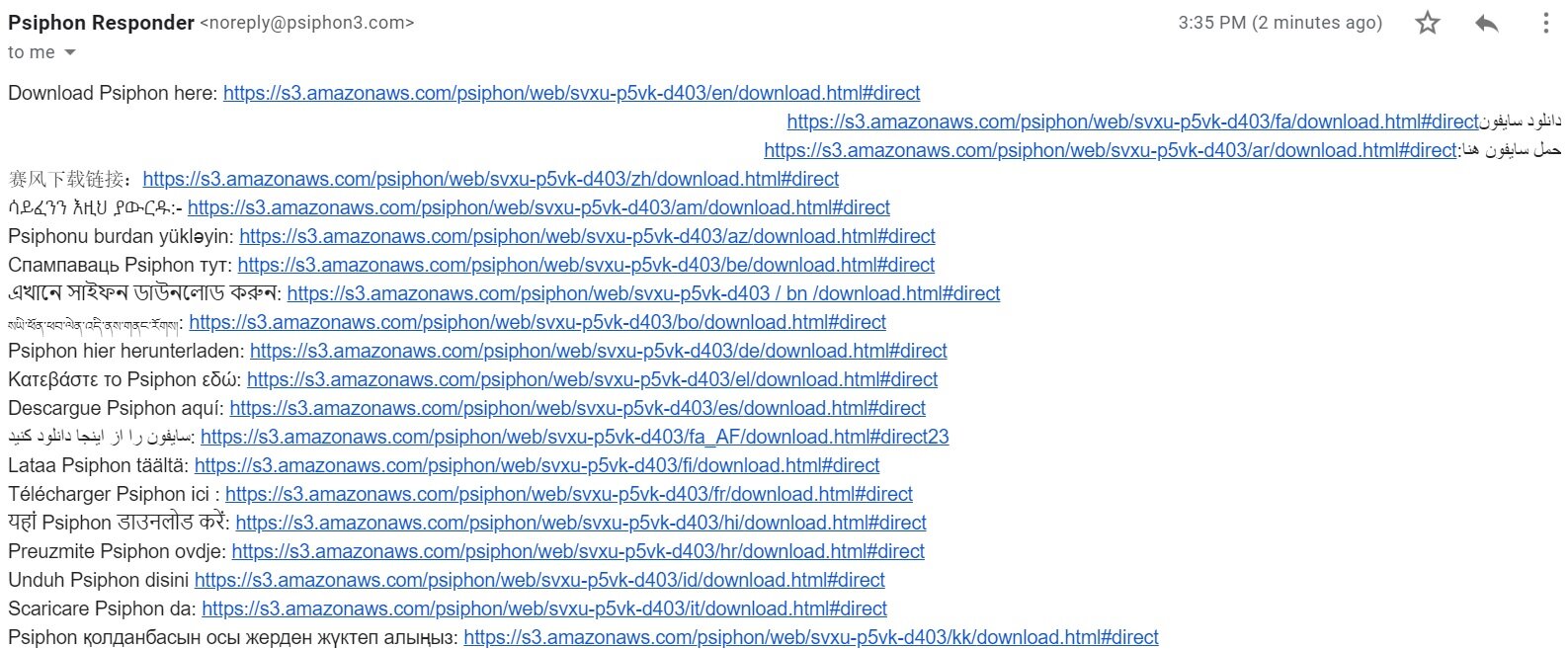Hackers are crafty and will use any means at their disposal to trick you or steal from you. One such technique is called DNS hijacking.
DNS is the internet's phonebook. Your browser automatically converts a URL into a numerical address that can then be routed through the internet.
They can redirect you anywhere they want by changing the server that resolves your DNS queries (aka your phonebook). They can inject advertisements into your browsing or trick you into installing their TLS certificate so that they can intercept traffic you think is secure (think banking, healthcare, e-commerce, etc.).
Rather than provide a technical roadmap on how they could accomplish this, this article aims to provide an easy way for you to check right now.
Checking your DNS
The Internet provides a lot of websites for checking DNS settings and finding out which DNS server is in use. If you do not recognize it, then you probably need to dig in a little more and figure out why.
In most cases, if you haven't changed the default settings, your DNS service will be provided by your ISP.
Who is my DNS, is a simple service you can use.
F-secure is another simple option you can check out.
You will then get a summarized result./ If you want more details, click on “View results in detail.”
You then get a results page.
I have cropped the right side to protect my information.













